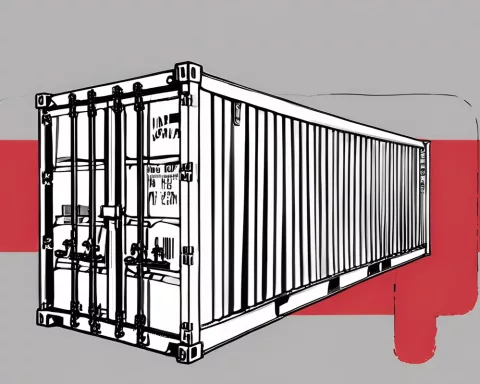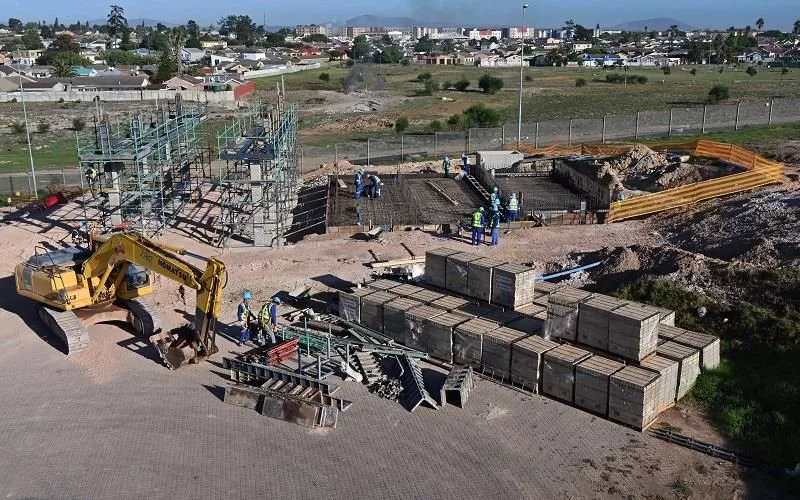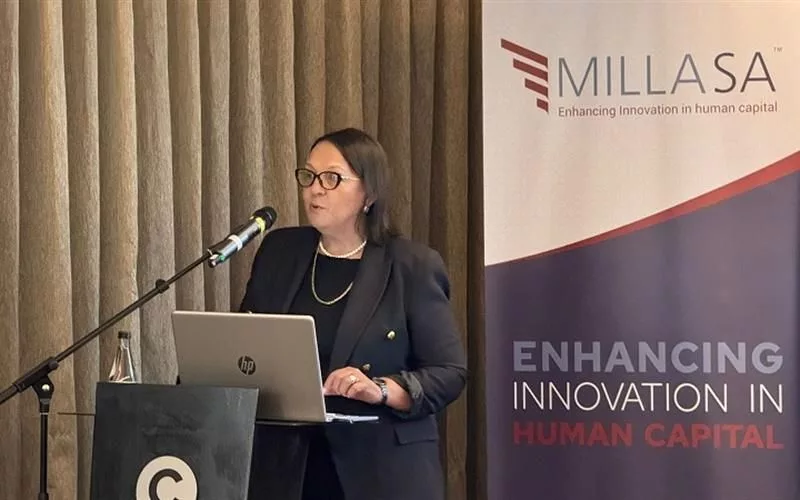Cape Town’s Development Management Department is planning to replace registered mail with email for notifications concerning the Municipal Planning By-law. The shift is expected to be more efficient, reliable, and economical for the City, ratepayers, and the applicant. The City has planned a transition period of roughly two years, but is continuing to use registered mail for individuals whose email addresses aren’t recorded in the City’s system.
How is Cape Town transitioning from traditional to digital notifications in planning by-laws?
The Development Management Department of Cape Town is planning to replace registered mail with email for notifications concerning the Municipal Planning By-law. A transition period of two years has been planned, and the City’s administration is using email addresses from its existing database. The shift is expected to be more efficient, reliable, and economical for the City, ratepayers, and the applicant. While the transition is in progress, the City is continuing to use registered mail for individuals whose email addresses aren’t recorded in the City’s system.
In the dynamic city of Cape Town, the heart of South Africa, the city’s authorities are vigorously adopting digital technology to enhance their service delivery model. The Development Management Department of the City of Cape Town is planning a significant shift in the upcoming two years to replace traditional mail with email for notifications concerning the City’s Municipal Planning By-law. This transition doesn’t only signify a revolutionary change in the city’s administrative operations but also implies a substantial transformation in the city-resident relationship.
The Traditional Notification Approach
For an extended period, the City utilized registered mail as a means to communicate with residents and other interested entities regarding development applications that could impact them. Registered mail was also the primary method used to invite comments on applications presented to the Development Management Department for evaluation as per the Municipal Planning By-law.
Nonetheless, in this increasingly digitized world, the City has recently surveyed the public’s perspective on a proposition to transition from registered mail to electronic mail. The citizens of Cape Town gave an overwhelmingly positive response, motivating the city’s authorities to march forward into the digital horizon.
The Transition Process
The public’s assertive endorsement has set the transformation process in action. The City has planned a transition period of roughly two years to provide residents enough time to sign up for e-services and to collect electronic mail information of residents and clients. The City’s aim, however, is to speed up this transition with the cooperation and support of landowners, with the intention of completing it as soon as feasibly possible.
The City’s administration is currently using email addresses from its existing database. Alderman Eddie Andrews, the City’s Deputy Mayor and Mayoral Committee Member for Spatial Planning and Environment, stated, “The City continually explores options that can enhance our service delivery. The shift to electronic mail, or email, is an initiative by the Development Management Department to modernize and streamline its services.”
Alderman Andrews further underscored the advantages of this transition by stating that electronic mail isn’t just faster but also more reliable as it can’t be misplaced. There are also economic benefits for the City, ratepayers, and the applicant, as the creation of registered notifications demands substantial resources and applicants have to bear the costs of registered notifications dispatched through the post office.
Maintaining Balance during Transition
While this shift is in progress, the City is continuing to use registered mail for individuals whose rights or valid expectations might be negatively impacted by applications and whose email addresses aren’t recorded in the City’s system. These specifically include notifications for land use applications as per the Municipal Planning By-law.
The transformation happening in Cape Town symbolizes a significant milestone in the city’s history. The residents of Cape Town are encouraged to sign up for e-services and update their electronic contact details via the City’s website or contact hub. This is a critical step in accelerating the transition towards a more efficient, digital future.
As the City progresses into the digital era, it is ensuring a delicate equilibrium between evolution and inclusivity, to guarantee the transition doesn’t neglect anyone. This digital progression reflects the City’s commitment to modernize its services, streamline its processes, and above all, serve its residents more effectively. Other cities, both in South Africa and worldwide, are closely following this intriguing, pioneering journey.
1. What is the Development Management Department planning to replace registered mail with in Cape Town?
The Development Management Department of Cape Town is planning to replace registered mail with email for notifications concerning the Municipal Planning By-law.
2. Why is Cape Town transitioning from traditional to digital notifications in planning by-laws?
The shift is expected to be more efficient, reliable, and economical for the City, ratepayers, and the applicant. The creation of registered notifications demands substantial resources and applicants have to bear the costs of registered notifications dispatched through the post office.
3. How long is the transition period for Cape Town’s notification approach?
The City has planned a transition period of roughly two years to provide residents enough time to sign up for e-services and to collect electronic mail information of residents and clients.
4. How is the City currently collecting email addresses for digital notifications?
The City’s administration is currently using email addresses from its existing database.
5. Will registered mail still be used during the transition period?
Yes, while the transition is in progress, the City is continuing to use registered mail for individuals whose email addresses aren’t recorded in the City’s system.
6. What is the purpose of Cape Town’s transition to digital notifications in planning by-laws?
The transition aims to modernize and streamline the city’s administrative operations, enhance service delivery, and transform the city-resident relationship.









